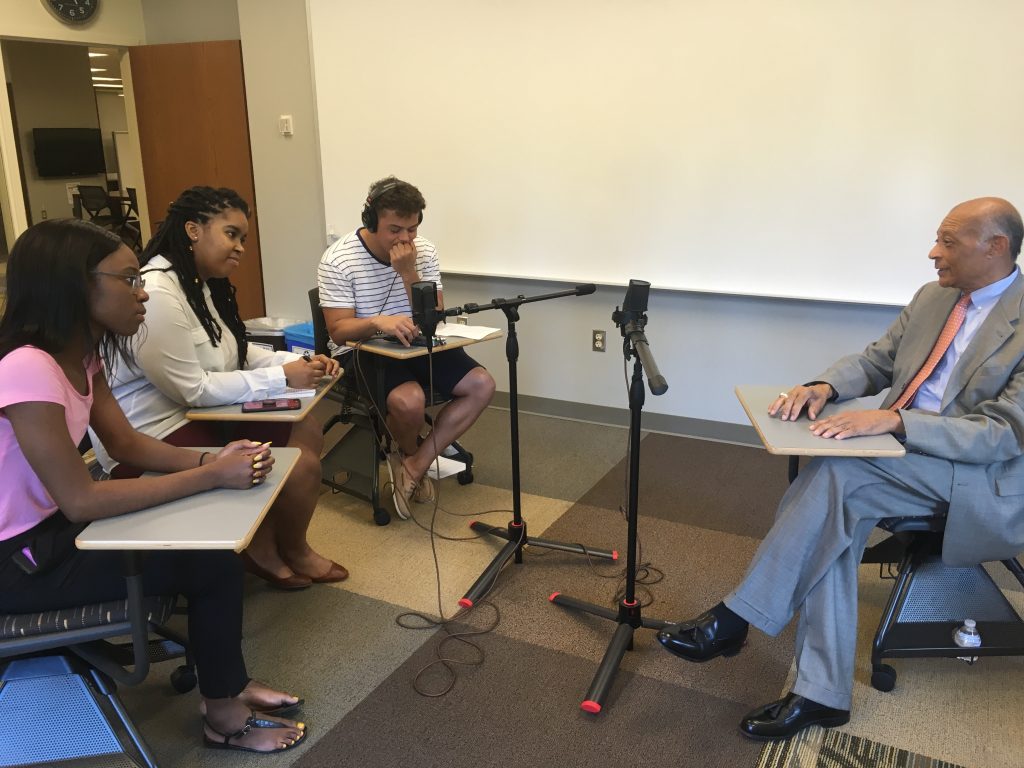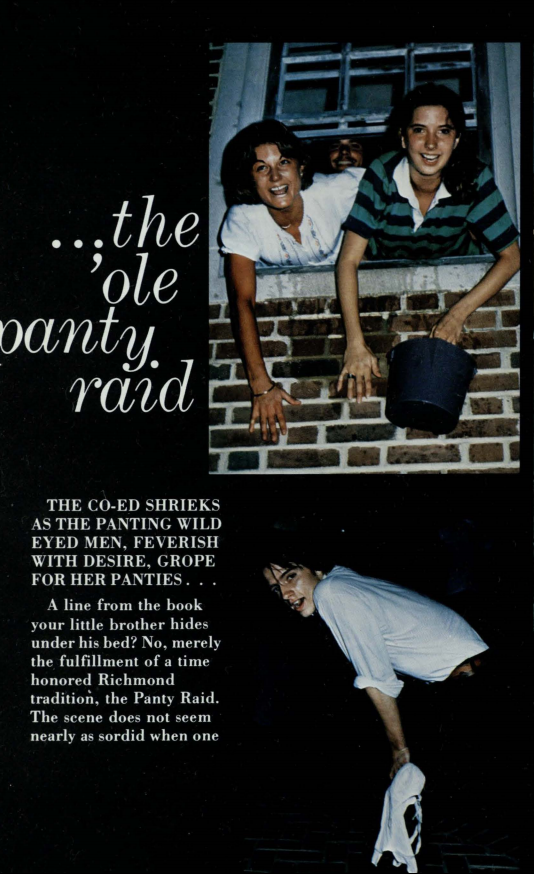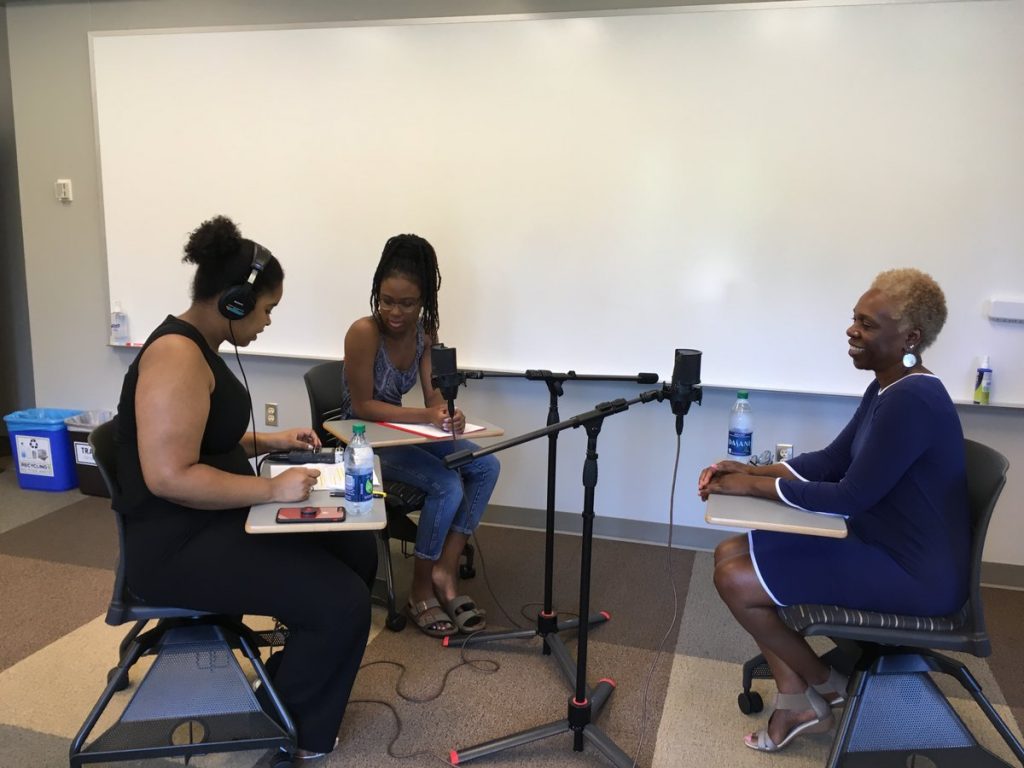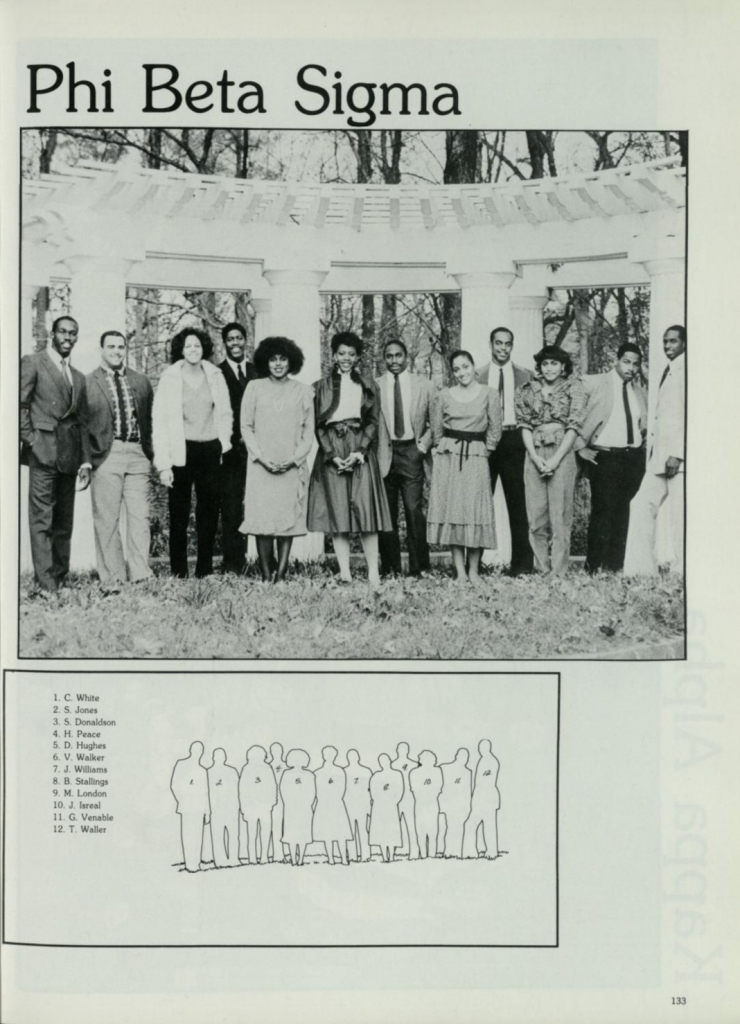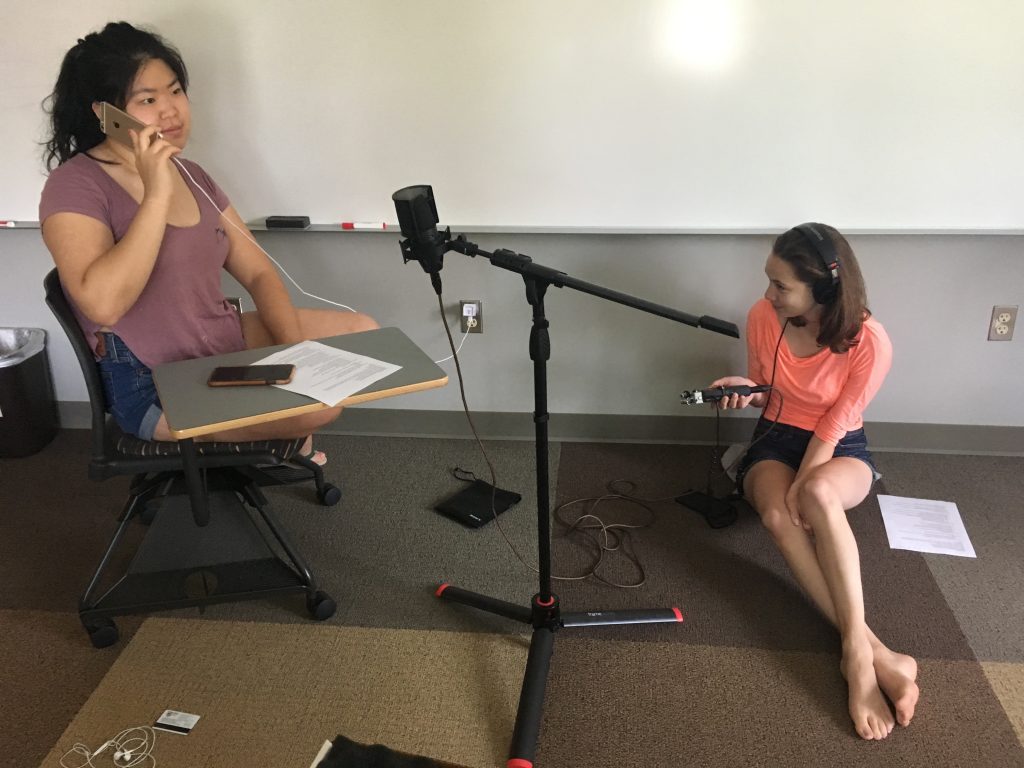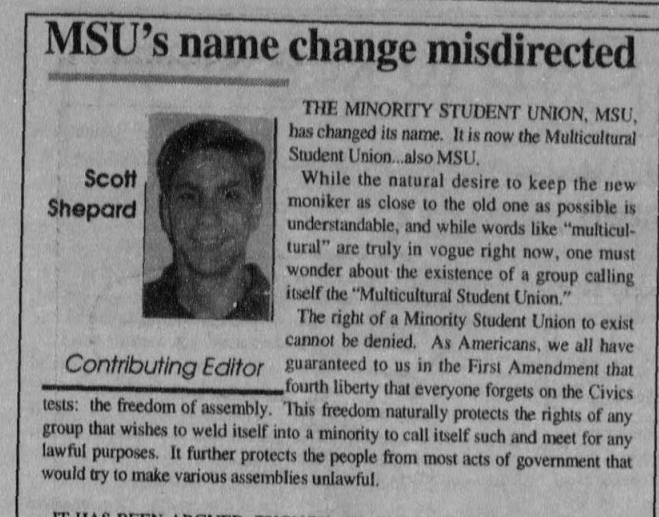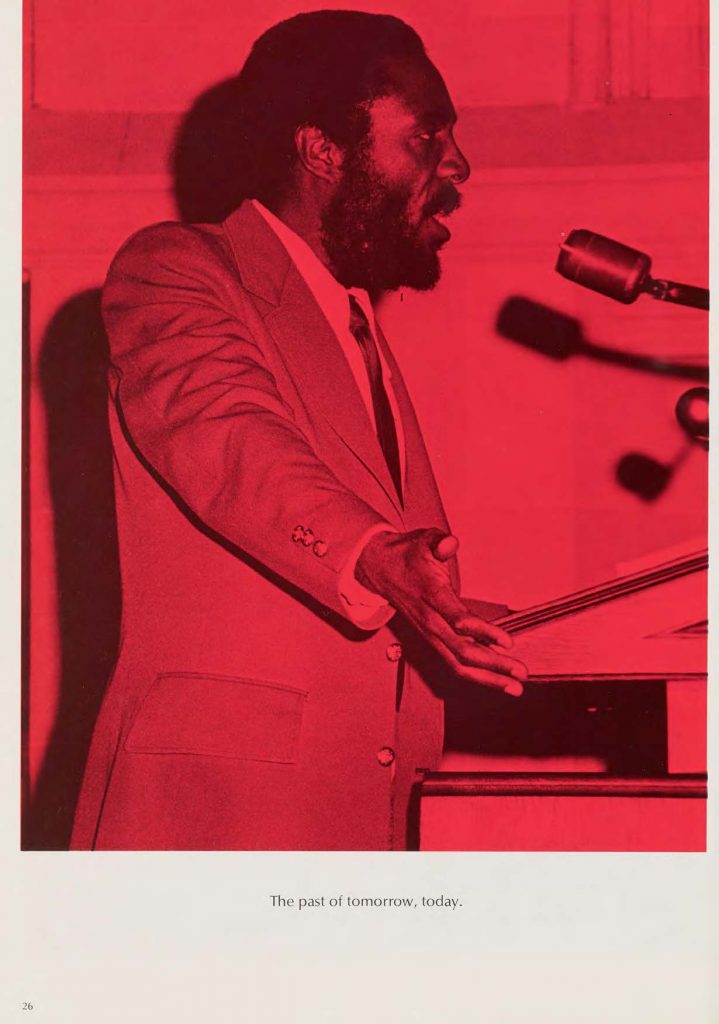On Tuesday, September 11, a student chapter of the Federalist Society at the University of Richmond T.C. Williams School of Law hosted a speaker event featuring Ryan T. Anderson, who has made a career of writing and speaking in support of homophobic and transphobic policies including (but not limited to) the promotion of violent and dangerous conversion therapy and the banning of trans people serving in the military. While we continue to have conversations around free speech on college campuses, we cannot ignore that continuing to grant platforms to ideas that promote the erasure of and violence towards socially marginalized and oppressed groups does not begin at the place of mutual respect required for “civil discourse.”
As a project which attempts to connect archival work at the University to the present-day challenges of building and fostering a more inclusive and equitable community, we wish to express our solidarity with and support for LGBTQIA students, staff, and faculty at the University of Richmond. As Lee Dyer, Associate Director for LGBTQ Life in Common Ground noted in his statement on Friday, September 7: “I want us as a campus community to keep in mind the safety and inclusion of transgender students. Events such as this one are threats to the safety and well-being of transgender students. It is beyond emotionally and mentally taxing to be made to continually defend your existence to those who do not opine your existence as a human being is valid….It is important that we think about the lasting effects these type of occurrences have on our trans community. That type of emotional and mental fatigue is not fair to impose on someone simply for existing.”
The Race & Racism at the University of Richmond Project aims to document the history and present of marginalized voices on our campus. LGBTQIA individuals and in particular trans and non-binary individuals and communities have been systematically silenced and erased from history and from the archive, and this erasure contributes to societal microaggressions, restrictive and harmful legislation and medical policies, along with harassment and physical violence that often ends with the murder or suicide of trans individuals. And since this form of violence does not exist in a vacuum, but intersects with other marginalized identities, it is vital to note that the most at-risk group for lethal violence in the LGBTQIA community are transwomen of color. Continuing to put the identity, existence, and civil rights of LGBTQIA people up for public debate contributes to this violence and erasure.
We are heartened by and strongly support the measures law students planned for the event, from collaborating to challenge the false pretenses of this lecture, to a non-violent protest that centered the loss of life associated with transphobia, to creating a safe and reaffirming space for people to spend time away from the lecture. More programming is being planned for the future. As a university striving to become an inclusive and thriving community, we need to consider what thriving means for our students, staff, and faculty—all students, staff, and faculty. The Race & Racism Project aims to be a space in which every individual at UR may see themselves in the history and the future of this institution, and affirms the work of students and their support systems which seek to create social change on this campus.
The Race & Racism at UR Project Advisory Group
Dominique Harrington, Class of 2019
Julian Hayter, Jepson School of Leadership Studies
Patricia Herrera, Department of Theatre & Dance, American Studies
Glyn Hughes, Director of Common Ground
Lynda Kachurek, Rare Books & Special Collections, Boatwright Library
Nicole Maurantonio, Department of Rhetoric & Communication Studies, American Studies
Robert Nelson, Digital Scholarship Lab, Boatwright Library, and American Studies
Bedelia Richards, Sociology and Anthropology Department
Irina Rogova, Project Archivist
